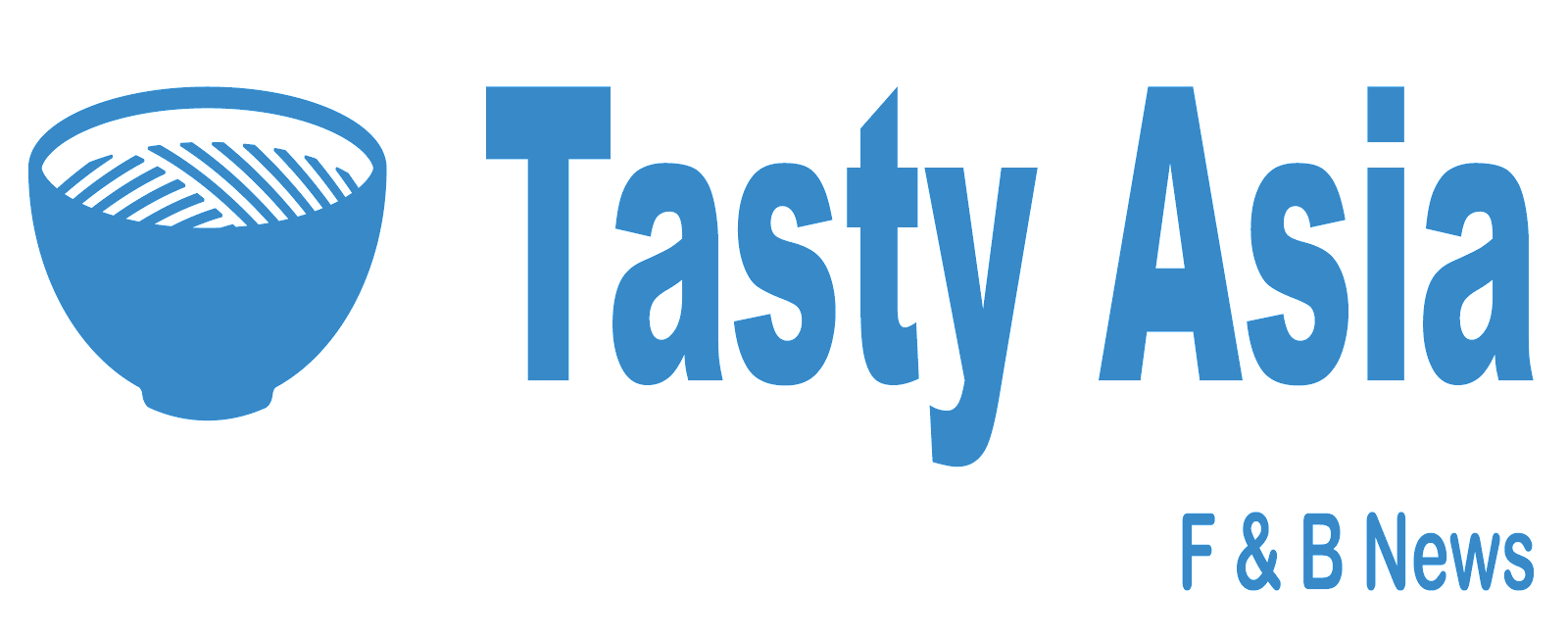The Food and Agriculture Organization of the United Nations (FAO), Global Alliance for Improved Nutrition (GAIN), and the Johns Hopkins Alliance for a Healthier World launched a new easy-to-navigate online tool to help decision-makers to understand their food systems better.
The Food Systems Dashboard is a holistic resource intended for policymakers, non-governmental organisations, businesses, civil society leaders, and other industry players. The tool enables them to access timely visualisation of national food systems. The application also aims to help users understand the interconnections across multiple sectors, perform comparisons with other countries, identify key challenges, and prioritise actions.
While working on the UN High-Level Panel of Experts on Food Systems and Nutrition Report in 2017, policymakers noticed the lack of accessible, organised, quality-checked information on food systems. Insufficient data means difficulty in identifying the best evidence-based actions to improve food systems, noted Jessica Fanzo. She is the director of the Johns Hopkins Global Food Ethics and Policy Program.
Fanzo added that given the level of complexity and interconnections inherent to food systems, data needs to be presented efficiently and accurately. “That is what the Dashboard does. Now decision-makers have easy access to both data and to policy advice that is specific to their situations,” she explained.
FAO said food systems encompass an entire range of actors - including, but not limited to, farmers, traders, processors, wholesalers, distributors, retailers, and consumers. Also, processes that get food from the fields to markets to tables. Well-functioning food systems can ensure the availability, accessibility, and affordability of nutritious foods for healthy diets.
The Dashboard houses food systems of more than 230 countries and territories by bringing together data for over 170 indicators from 35 sources. It will enable stakeholders to compare their food systems with those of other countries and will guide potential priority actions to improve food systems' impacts on diets and nutrition.
Qu Dongyu, FAO Director-General, said: “The Dashboard is open to all and will foster much-needed cooperation in transforming our food systems. With the threats and opportunities presented by COVID-19, we need more collaboration between stakeholders who care about hunger, nutrition, livelihoods, climate, biodiversity, and sustainable natural resource use. Working together and sharing information is also essential to meet the Sustainable Development Goals, which are now just ten years away.” (Image from Pixabay)


Post a Comment